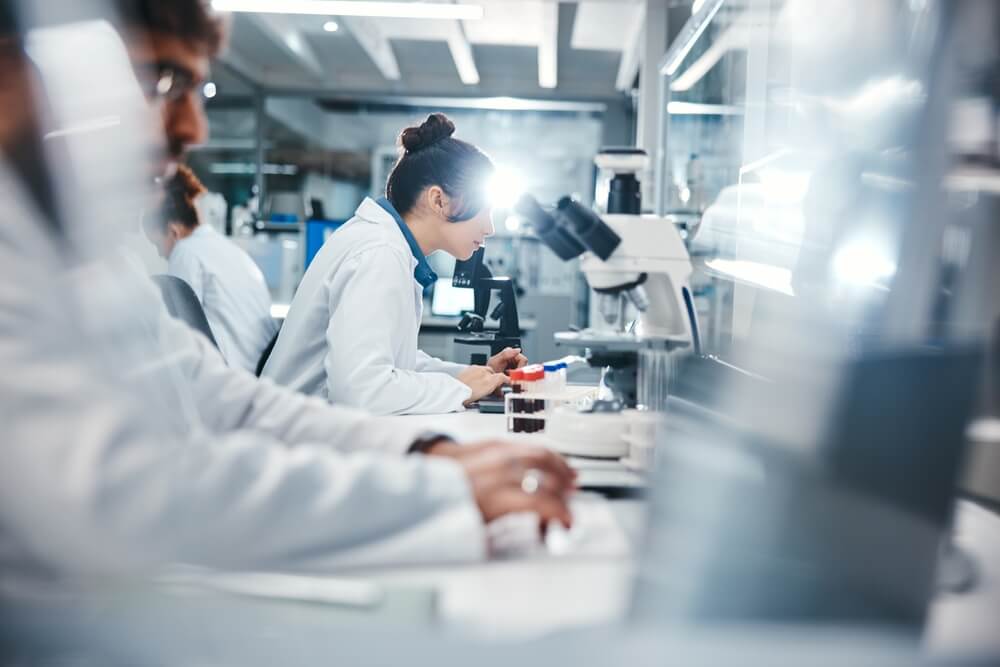
Researchers from Tokyo Metropolitan University have created nanostructured surfaces that exhibit strong antibacterial properties while allowing healthy cells to grow unimpeded. The findings, published in the journal Langmuir, could have significant implications for regenerative medicine and laboratory applications.
The scientists utilized anodic porous aluminum oxide, created through electrochemical processes in concentrated sulfuric acid. When polished aluminum surfaces are immersed in an electrochemical cell under specific conditions, the result is an ordered array of porous aluminum oxide columns. These needle-like structures effectively destroy bacteria upon contact by puncturing their cell membranes.
Importantly, the researchers discovered that normal cell cultures can grow on these porous aluminum oxide plates without any interference. This unique combination of antibacterial effectiveness and biocompatibility makes the material particularly suitable for applications where contamination risks are high, such as in regenerative medicine.
In such settings, cells are often cultured in laboratories before being introduced into patients. If these tissues become contaminated, the consequences could be severe. The discovery offers a potential solution by integrating antibacterial properties directly into the culture surfaces.
The work builds on previous research into surface coatings designed to eliminate bacteria, with earlier studies demonstrating surfaces capable of destroying 99.99% of bacteria through similar needle-like structures.



